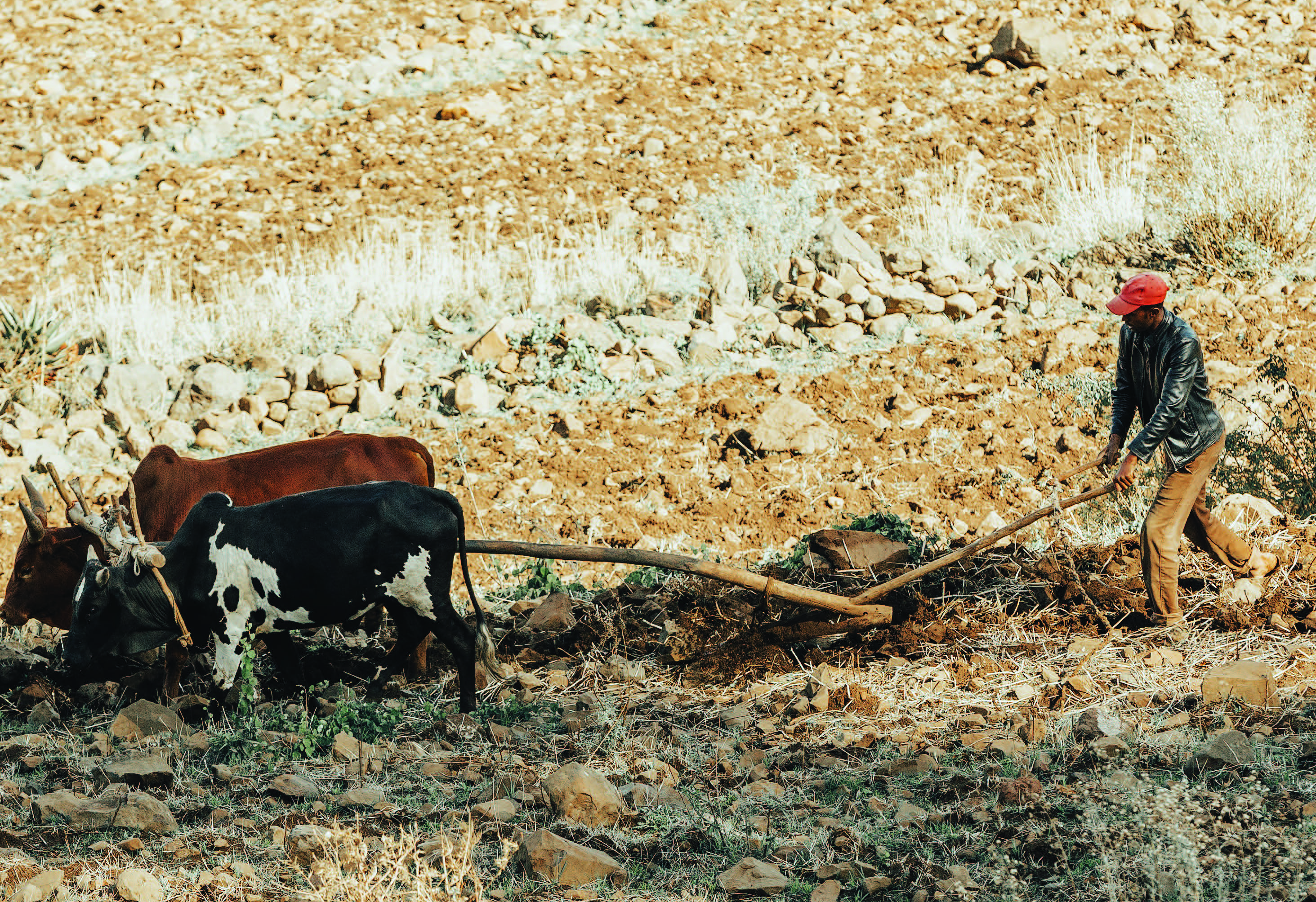This paper discusses climate change and climate justice in Southern Africa through human rights and social justice lenses. It draws on substantial evidence showing the region’s exposure to extreme climate-related events such as floods, droughts and cyclones as well as unprecedented rainfall and temperature variations. It uses some cases from across the region including national experiences with Cyclones Idai and Kenneth for Malawi, Mozambique and Zimbabwe. These cases show that extreme weather events are impacting communities economically and socially due to environmental losses, damage to infrastructure and erosion of livelihoods with consequences for human rights and social justice in the region. At regional, national and local level policies, laws and strategies seem inadequate and poorly coordinated to protect the most vulnerable members of affected communities. The region’s vulnerability largely arises because most residents heavily depend on livelihoods that lean on natural resources like land, water and forests, which are affected by climate change. The advent of COVID-19 in 2020 compounded impacts of climate change. Reliance on coal-based energy is also an issue. There are regulatory capacity gaps at country and regional levels which compound these issues. Poor and most vulnerable residents in specific geographies characterised by limited adaptive capacities are affected the most by these issues. This brings out the interconnectedness of the public health pandemic and climate change-induced disasters. In essence the complex relationship arising from stresses in governance, ecosystem services, economies and local knowledge systems exacerbated the impacts of COVID19. There are lessons to be drawn from dealing with the COVID19 pandemic. They include the positive focus it brought on the importance of national political and executive leadership as well as broad social mobilisation. These underlined comprehensive responses to the crisis and provide a basis for inclusive and sustainable pathways towards recovery and development post-COVID19.



